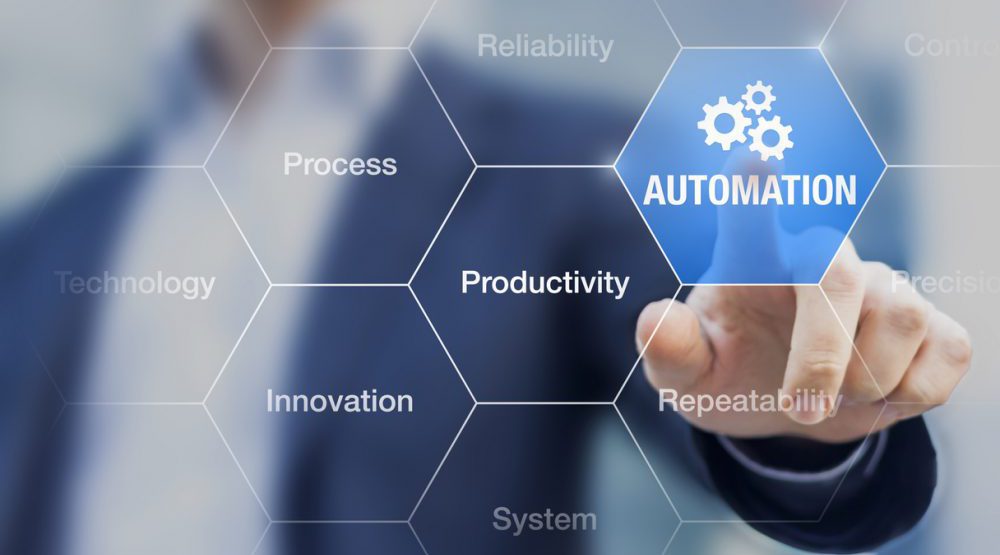
Half of New Zealand workers have already seen their job responsibilities change as a result of automation, according to a new study by recruiting company, Hays.
In an online poll of 410 people in New Zealand conducted by the recruiter, 16 per cent said automation has already impacted their job ‘significantly’, with their duties changing or their role becoming redundant.
Another 34 per cent said their job has been impacted ‘partially’, with some tasks automated and non-routine duties increasing.
The final 50 per cent said automation has so far had no impact on their day-to-day job responsibilities.
Hays in New Zealand & Australia managing director Nick Deligiannis said there’s no denying that robots will continue to join workplaces across the country.
“Professionals are able to benefit if they take the appropriate action now,” said Deligiannis.
“Even if you are one of the 50 per cent of skilled professionals whose job has not yet been impacted by automation, it’s essential you don’t rest on your laurels. The automation of routine and repetitive job tasks is inevitable.”
The survey results echo the opinion of many in the New Zealand cleaning industry.
Presenting at the ISSA Cleaning & Hygiene Expo in August last year, Kärcher Australia sales and marketing director Lucas Paris told delegates automation and digitisation is here to stay and those that fail to adapt will be left behind.
“You need to get on board or be left behind. This technology will get cheaper, faster and better,” said Paris.
“We can be leaders in the world with this technology. With more robotic machines operating per capita than anywhere else, Australians are early adapters and should be leading the world in technology and innovation.”
Warren Burke, regional sales manager at Rubbermaid Commercial Products Australia believes automation technology will be a disrupter for the cleaning industry, paving the way for greater productivity and workforce management.
“The use of smart tablets (such as iPads) will be a key feature in the future cleaning operations,” he said. “Housekeeping staff will use devices to track and optimise productivity as they clean. New product innovations will bring solutions to market designed so employees can safely perform tasks such as cleaning floors for a full shift without sustaining a repetitive or acute injury.”
To prepare for automation in the workforce, Deligiannis recommends employees consider what their job would look like if all the routine and repetitive duties they performed were automated.
“Then you can determine how you could fill the time freed up by the automation of these tasks in a way that adds greater strategic value to your employer. Next, start to upskill in the higher-value areas you’ve identified so that you’ll be ready for the automation of your lower-value, repetitive tasks.”
He emphasised not to sit back and wait for automation to knock on your door.
“Be proactive and embrace change by exploring relevant automation tools and their practical application for your role. Set up a meeting with your boss to discuss these new tools and how they could be of use in your role. Then present your plan for how you can focus your time on higher-value tasks if your routine and repetitive job responsibilities were automated.
“Remember, constant upskilling is the key to remaining relevant and employable when lower-value tasks are automated.”
Comment below to have your say on this story.
If you have a news story or tip-off, get in touch at info@13.238.154.125.
Sign up to INCLEAN NZ’s newsletter.